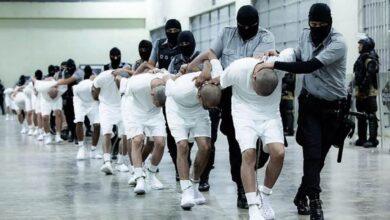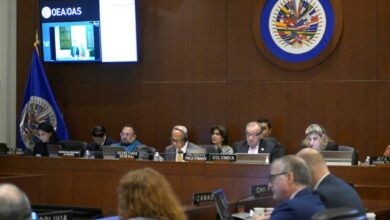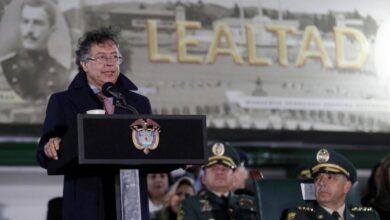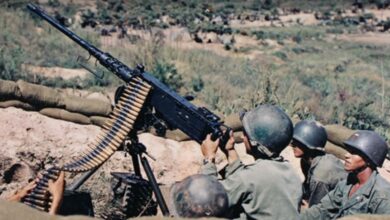Soccer Amid War: A Spanish Coach’s Dedication in Lebanon
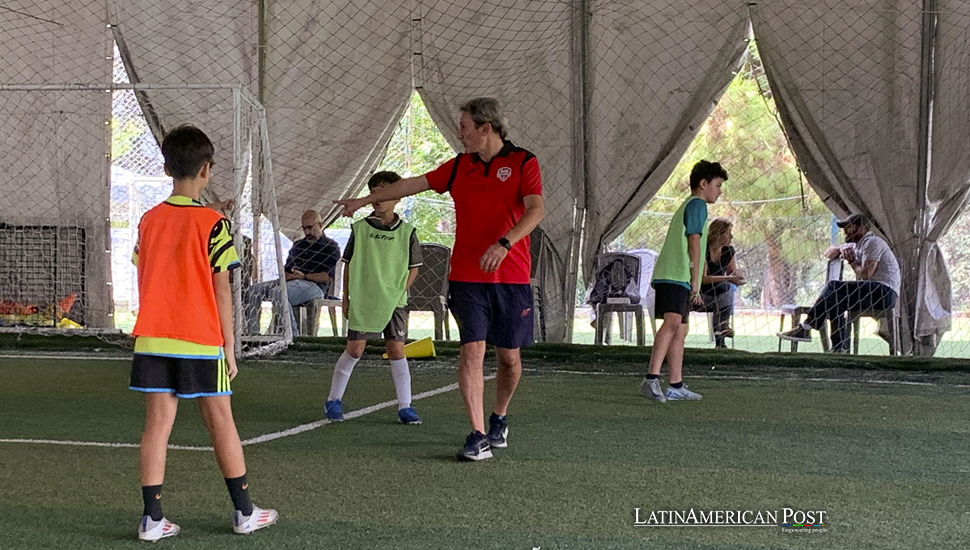
In war-torn Lebanon, Spanish soccer coach Paco Araujo remains committed to training children just kilometers from Israeli bombings. His dedication helps young athletes find hope and normalcy, offering resilience during turbulent times.
Dedication Amid Conflict
On a soccer field only four kilometers from the bomb-ravaged suburbs of Beirut, Spanish coach Paco Araujo passionately guides young Lebanese players. Amid the chaos of nearby Israeli bombings, Paco’s energy and dedication are unwavering. “Four defenders against me, but it doesn’t matter! I’m Superman, I’m Messi!” he shouts from the sidelines, playfully encouraging one of the aspiring players. His enthusiasm never falters, and his constant movement during practice is a testament to his commitment—he clocks up to 30,000 steps in just one morning of training sessions.
Paco moved to Lebanon in 2011 to coach the national futsal team, a position he held until 2020, with additional coaching experiences in Qatar, Kuwait, and Canada. Today, he coaches more than 70 Lebanese children, fostering their love for soccer and supporting their athletic development despite the ever-present violence. “Last Sunday, I got a call from parents asking if there would be practice the next day. I thought, ‘How can there be practice after a night like that, with all the bombings?’” Paco told the Associated Press (AP).
Yet, seeing the parents’ determination to bring their children to practice made his decision easy. “When you see parents bringing their six- or seven-year-olds, motivated to keep going and escape what’s happening for a while, I didn’t hesitate. I came,” Paco added, reflecting on the spirit of the community after wrapping up his final training session of the day.
Choosing to Stay Despite the Danger
As Spain began evacuating its citizens from Lebanon, Paco knew he would stay despite the danger. “There were nights of intense bombing—drones, explosions—and I asked myself if I made the right decision to remain here,” Paco told AP.
The escalating violence from Israeli airstrikes over the past three weeks has taken a toll, but for Paco, it would take something “really, really bad” to make him leave. He feels deeply connected to Lebanon, a country he has grown to love, and to the respect he has earned from the parents and children he coaches. “The parents value what I do, and I feel that respect deeply,” he shared.
Paco and his players train at a field in Hazmieh, just outside Beirut. Their previous field, located in the outer district of Furn el Chebbak, is now too close to the daily bombings in the Dahye suburbs, where Israeli strikes hit with unrelenting force. Many of Paco’s young players have left the country or relocated with their families to safer areas away from the chaos of Beirut. Some no longer attend training out of fear for their safety. Still, Paco’s motivation to continue hasn’t wavered.
“I’ve learned resilience from the Lebanese people,” Paco told AP. “They’ve endured so many hardships—wars, the Syrian crisis in 2011, bombings, the mass protests in 2019, the economic collapse, and the 2020 explosion in Beirut. Yet, they always rise from the ashes.”
Paco feels that he has absorbed some of this resilience himself. “If I can be here, working, despite bombings happening just four or five kilometers away, it’s because I’ve adopted that spirit and mentality from the Lebanese people,” he said.
Providing Normalcy Through Soccer
Many of Paco’s young players ask him why it’s easier to succeed in soccer in Spain than in Lebanon. He understands how the ongoing crises have affected the children, impacting their education and athletic development. Competitions have been halted indefinitely, and Paco doesn’t foresee them resuming anytime soon.
Despite these obstacles, the children’s passion for soccer remains strong. “They keep going with the same desire and hope to become good players. They dream of going to Europe, of playing for Barcelona, Madrid, or Atlético,” Paco said with pride. His dedication helps the children get a little closer to these dreams, offering them the chance to improve their soccer skills and a sense of normalcy during the ongoing conflict.
Mohammad Fajor, a parent watching from the sidelines as his son practices, emphasized the importance of soccer for the children. “It gives them a small sense of normality at a time when even schools are closed,” Fajor told AP. He is grateful for Paco’s commitment, explaining how the coach has never missed a practice, even when the situation in Lebanon grew dire. “He could have left with the Spanish government’s evacuation, but he stayed. He’s still here, training the kids,” Fajor said with admiration.
Hope for the Future Amid Uncertainty
Nazek Tabbara Abu Zaher, another parent whose child plays under Paco’s guidance, shares Fajor’s sentiments. Despite the bombings and displacement, she brings her son to practice, even though it now takes half an hour to drive to the field. “We don’t want to stop, even during war. We don’t want our children to feel that we are not safe or that everything is falling apart,” she told AP. For Zaher, soccer provides hope and continuity during immense uncertainty. “We still have hope for a better Lebanon,” she added.
Paco’s perseverance and dedication have profoundly impacted both the children and their parents. By staying in Lebanon and continuing to train his young players, he has helped them get closer to their soccer dreams and give them a sense of stability in an unstable world. Through soccer, Paco provides them with more than just training—he offers them a chance to escape from the harsh realities of war, even for a little while.
Also Read: The Story of the Colombian Warrior Conquering the World of Muay Thai
For Paco, the lessons he has learned from the Lebanese people have become a part of his identity. “I’ve learned how to rise after difficulties and to keep going, no matter what,” he said. His presence on the field, even with bombings nearby, reflects the spirit of a community that refuses to give up.

